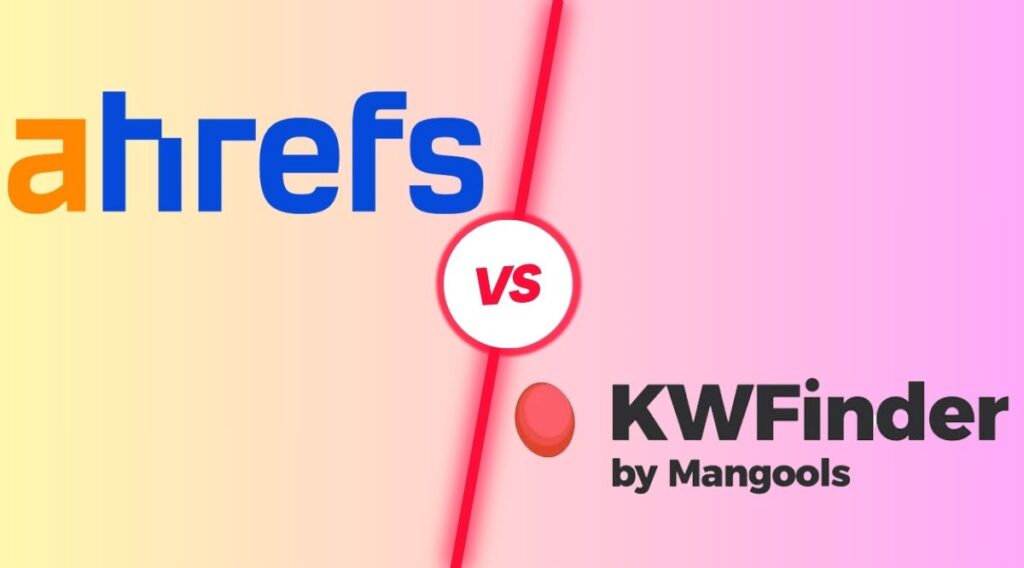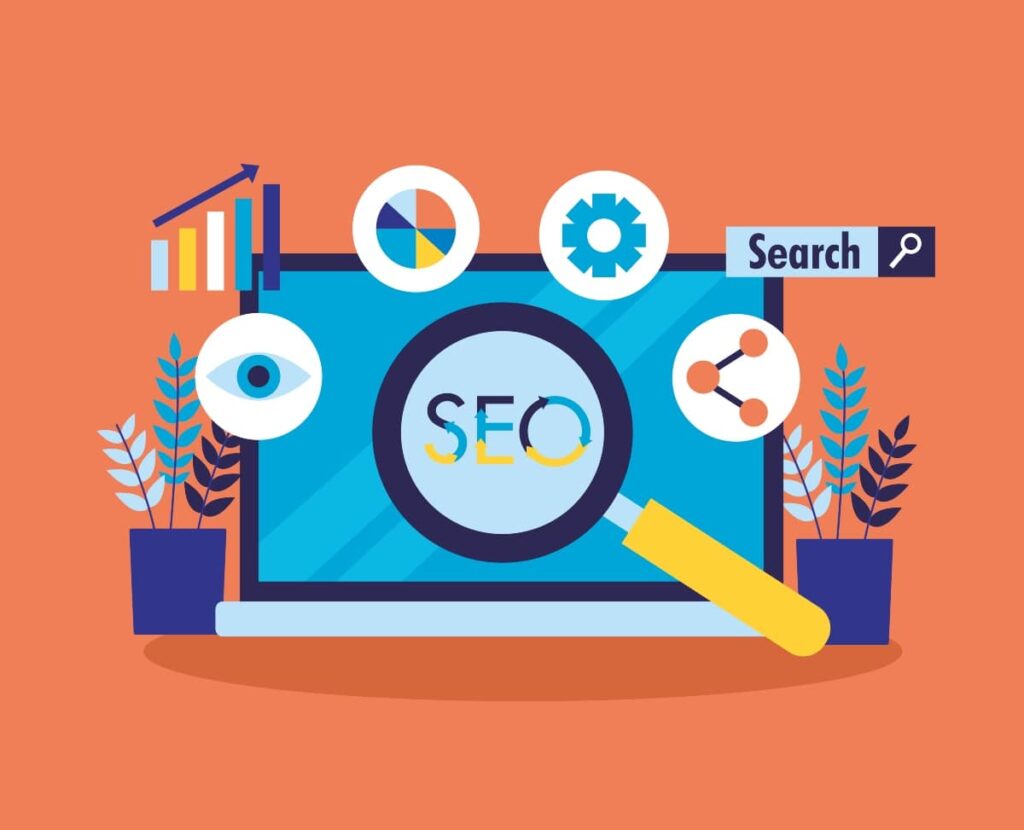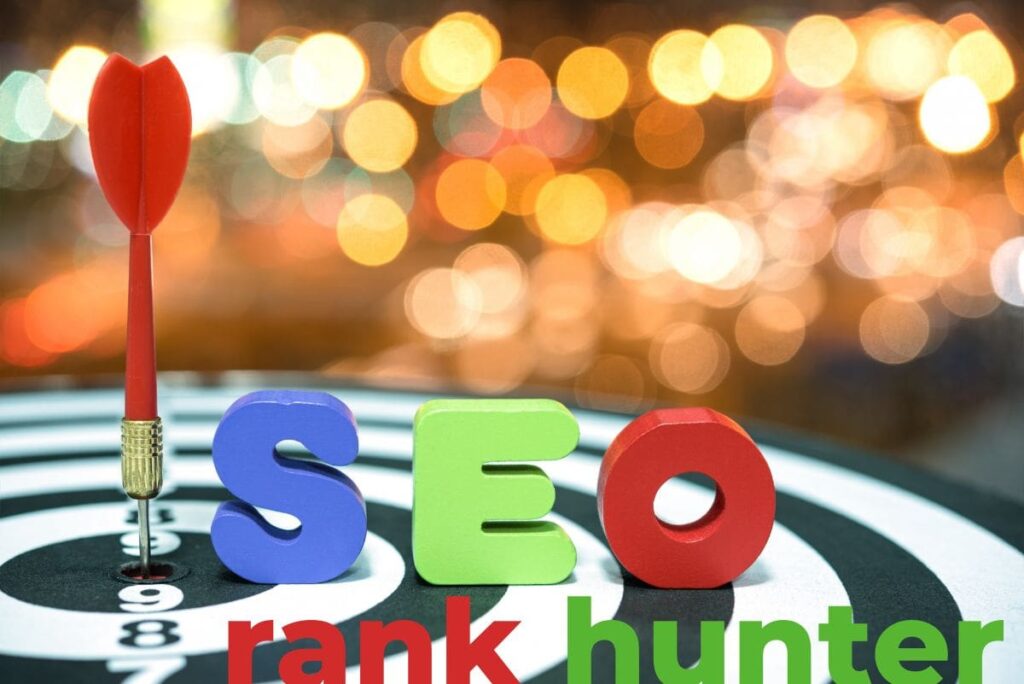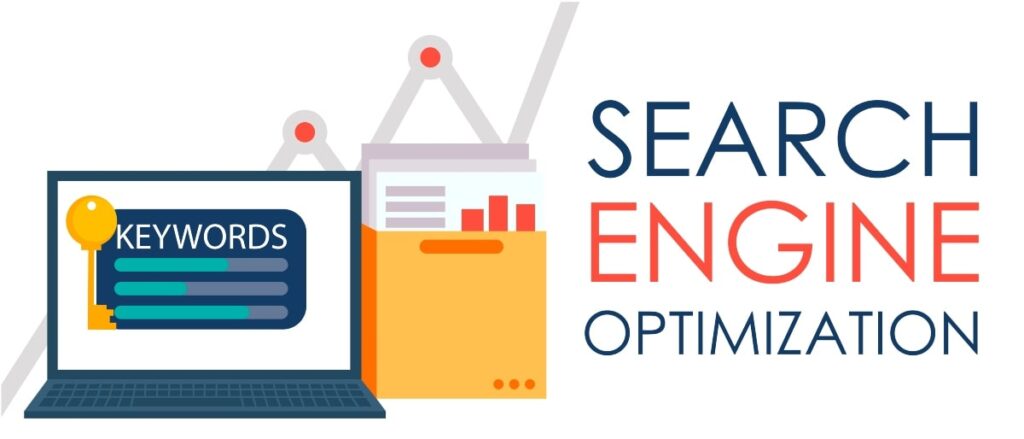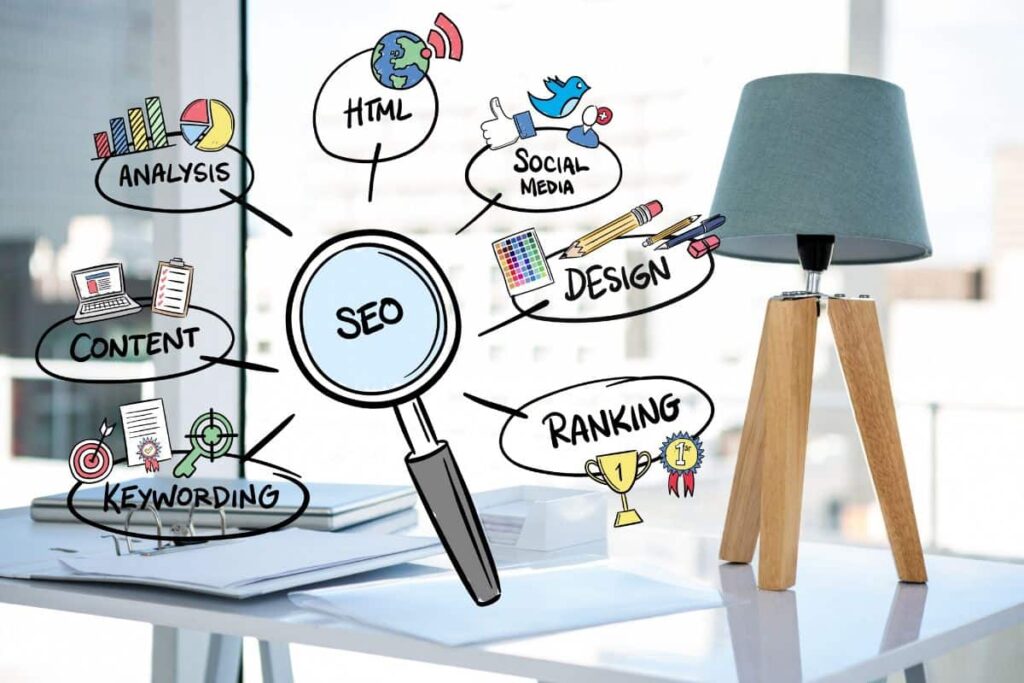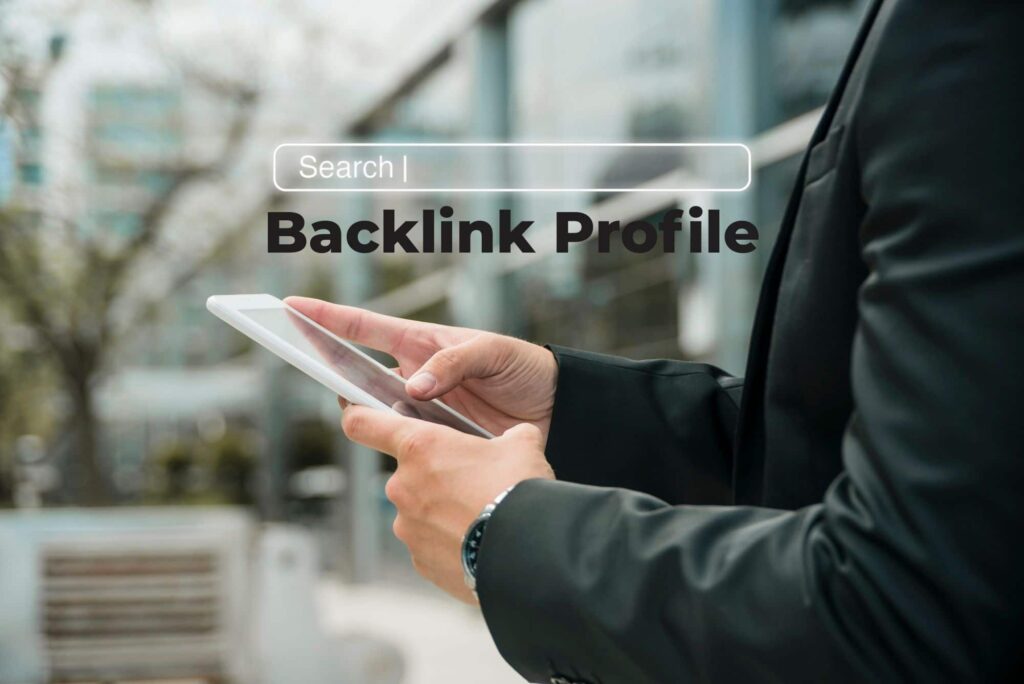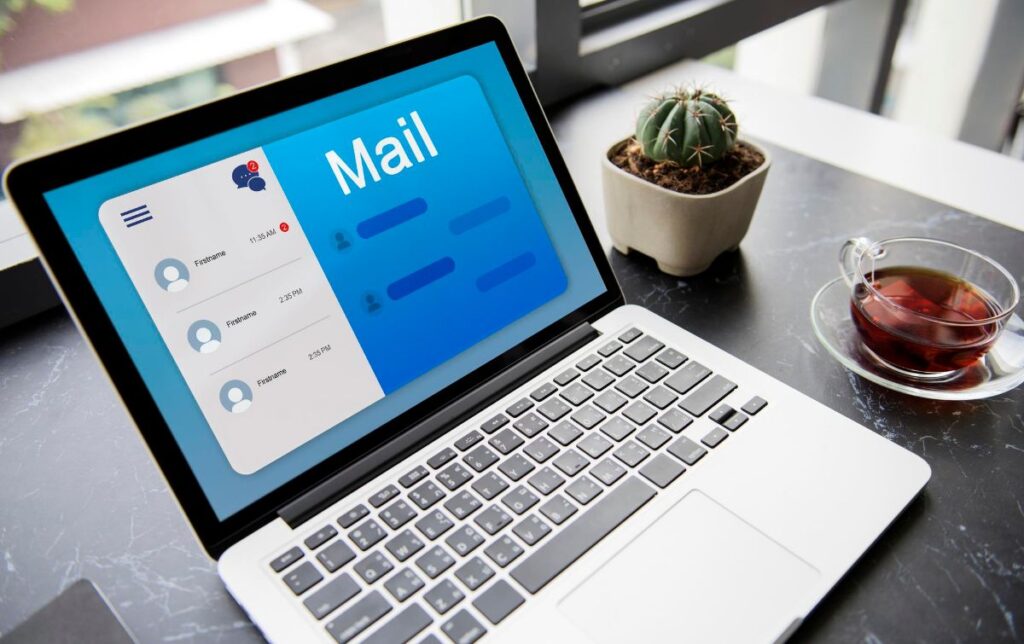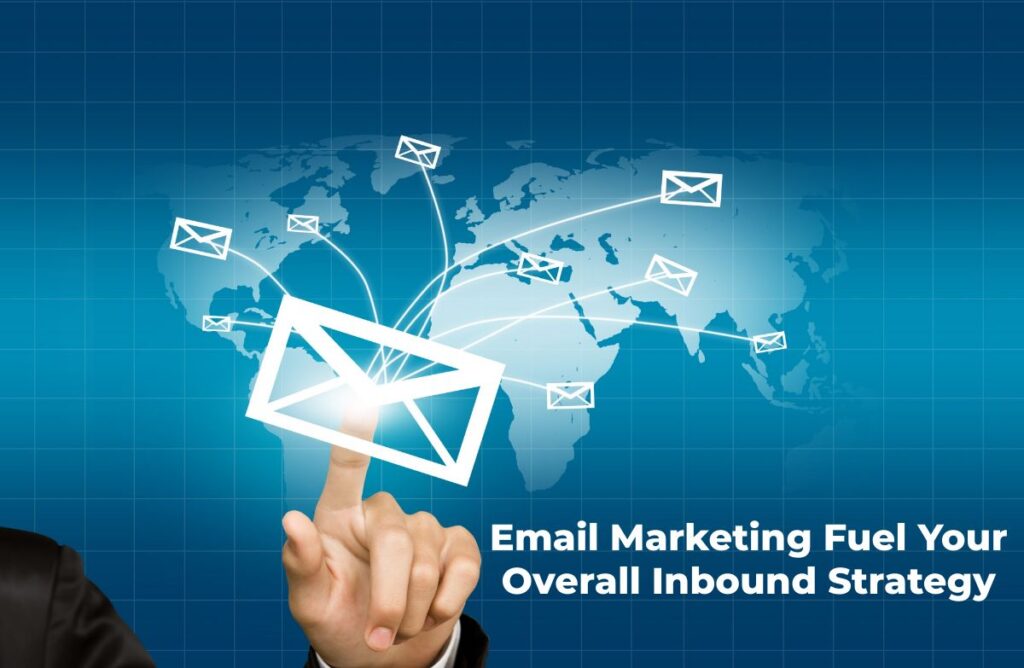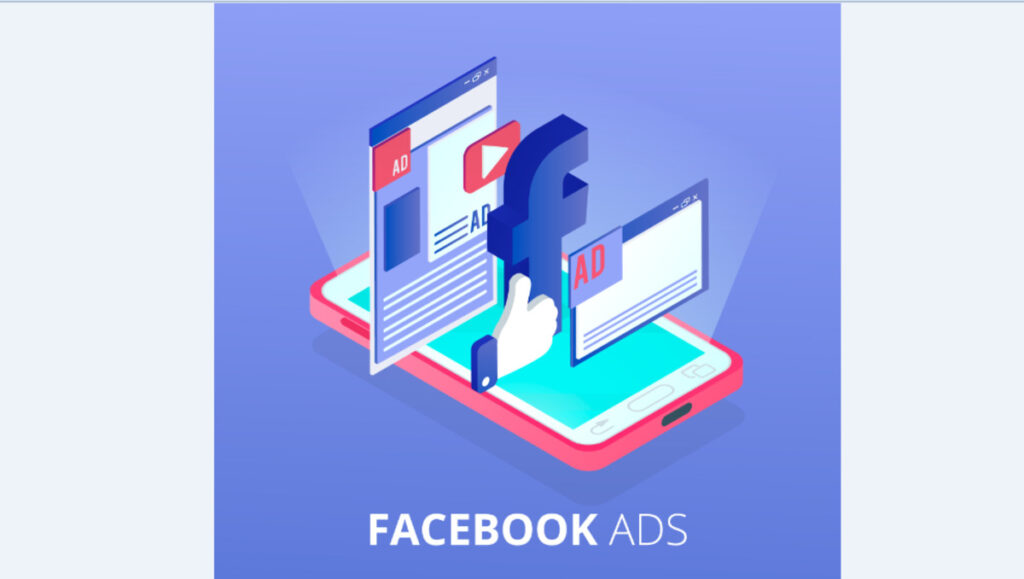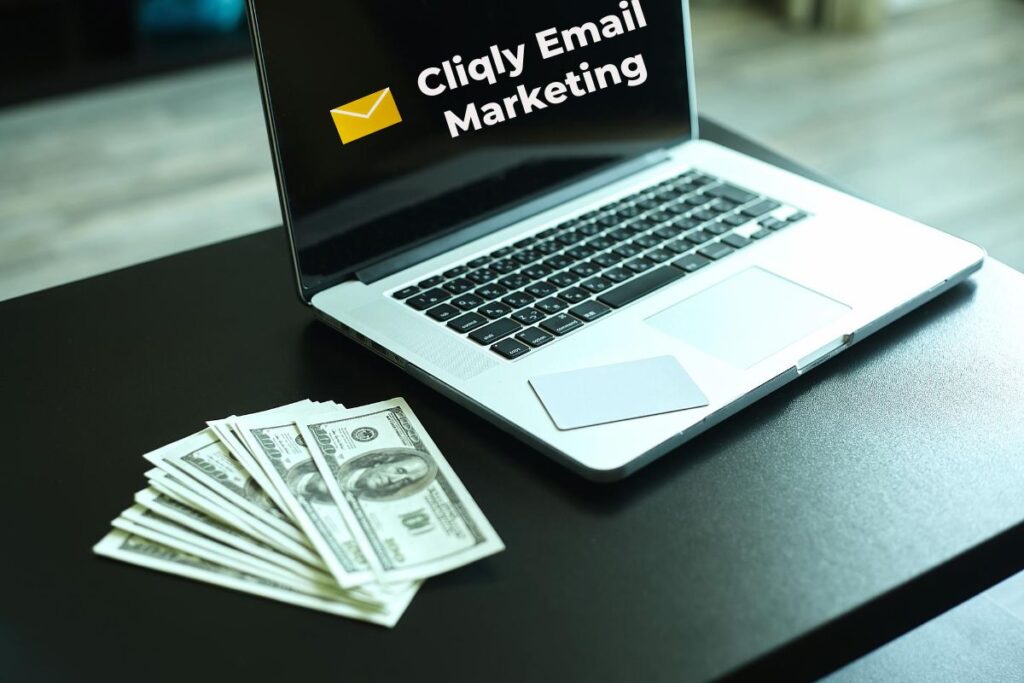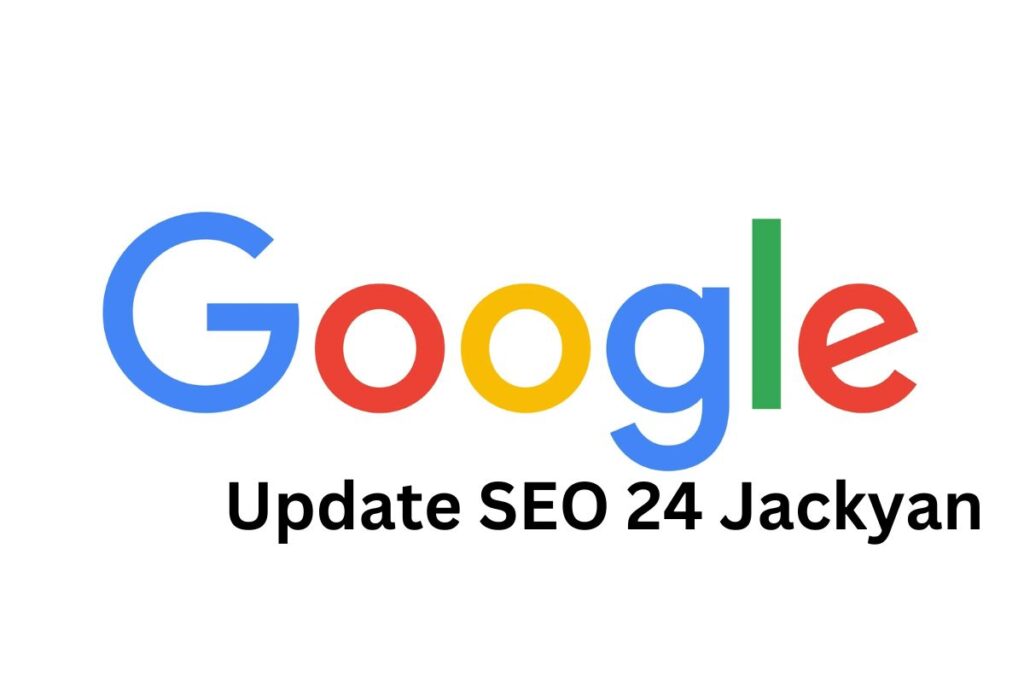B2B Search Engine Marketing serves as a crucial compass, leading businesses through the complex terrain of online visibility. This strategic approach ensures that enterprises establish an online presence and, more importantly, secure a prominent position within the expansive landscape of search engine results. With 72% of consumers initiating product exploration through online searches, mastering B2B Search Engine Marketing becomes essential for businesses to arrive in the digital marketplace.
Keywords to Strategic Presence
B2B Search Engine Marketing is a dynamic fusion of science and strategy, starting with a meticulous exploration of customer intent through comprehensive keyword analysis. This introductory exploration reveals how businesses can strategically leverage Search Engine.
Optimization (SEO) and Pay-Per-Click Advertising (PPC) to ensure a robust online presence. By mastering these elements, businesses position themselves to intercept potential customers precisely when actively searching for relevant products or services, marking a transformative step in their digital journey.
Search Engine Optimization (SEO)
In the intricate B2B Search Engine Marketing world, the role of Search Engine Optimization (SEO) is paramount. Imagine it as the strategic tool that fine-tunes your website, ensuring it resonates with search engines and secures a prominent place in organic search results—a vital aspect of B2B endeavors.
Essence of B2B SEO
In B2B landscapes, where approximately 72% of consumers initiate their product exploration through search engines, having a robust SEO strategy becomes a game-changer. Google, holding a dominant 90% market share in B2B searches, takes center stage in this endeavor. Ensure your business is not just online but prominently featured when potential customers are looking for your products or services.
Climbing the Search Ranks
A B2B SEO campaign is geared towards securing a coveted spot on the first page of search results. Because the majority of B2B decision-makers prefer the first few links. The higher your website is listed, the more likely it is to be clicked. It is the fundamental aim of B2B SEO—strategic positioning for optimal visibility.
Keywords with Customer Intent
Unlocking the power of B2B SEO involves understanding the language your potential customers speak during their online searches. It’s about seamlessly integrating essential keyword phrases into your website’s content and coding, ensuring that your online presence is visible and appropriate to the specific needs of B2B clientele.
Building B2B Authority
In B2B search engine marketing (SEM), link popularity reigns supreme. Sure, your website content matters, but the quality of endorsements you receive from other websites truly elevates your authority. Think of these endorsements as digital recommendations – the more high-quality backlinks you acquire from relevant industry websites, the higher your search engine ranking potential and, ultimately, your authority within the B2B landscape.
Search giants like Google heavily emphasize link popularity in their ranking algorithms. Strategic link-building is fundamental to any robust B2B Search Engine Marketing strategy. By forging partnerships with complementary businesses, industry publications, and influential bloggers, you can secure valuable backlinks that boost your visibility, enhance your credibility, and attract clients seeking reputable B2B SEM providers.
Here are some practical ways to cultivate B2B SEM authority through strategic partnerships:
- Craft valuable guest posts: Share your B2B Search Engine Marketing expertise on relevant industry blogs and websites, earning valuable backlinks and reaching a wider audience.
- Engage in industry events: Network with key players, collaborate on projects and gain exposure through sponsorships or presentations.
- Partner with complementary businesses: Offer joint solutions or cross-promote services to each other’s audiences, leveraging their established network and credibility.
- Develop data-driven resources: Create ebooks, white papers, or infographics that showcase your B2B SEM insights and attract natural backlinks.
By focusing on these steps and building strategic partnerships, you can establish your B2B Search Engine Marketing agency as a trusted authority in the industry. A solid online presence built on credibility attracts clients and fuels your business growth. So, start forging valuable connections and watch your B2B SEM expertise shine!
Consistency is Key to Long-Term B2B Success
B2B SEO is a long-term effort akin to public relations. While noticeable improvements can surface within a few months, the real impact emerges over time. B2B SEO is about cultivating a resilient digital foundation that evolves and strengthens, ensuring your business thrives in the present and builds lasting influence in the dynamic B2B digital landscape.
Pay-Per-Click Advertising
- In the B2B landscape, impulsive buying decisions are a rarity. Businesses meticulously navigate a defined buying journey, carefully evaluating needs, exploring options, and comparing vendors before choosing. This is where B2B search engine marketing shines. Targeting each stage of this journey ensures your brand stays visible and effectively engages potential customers.
- At the awareness stage, informative ads capture attention with strategic keywords, introducing your brand and solutions as potential buyers begin their research through B2B search engine marketing. Nurturing them through the consideration stage becomes seamless with targeted keywords and ad copy highlighting your offerings’ unique value proposition, educating them about what sets you apart within the B2B search engine results pages.
- Finally, when they’re ready to decide, showcase compelling case studies, customer testimonials, and competitive comparisons to solidify your position as the ideal choice. By strategically aligning your B2B search engine marketing with each stage of the buying journey, you guide potential customers from mere awareness to loyal brand advocates, ensuring sustainable growth for your business.
PPC Strategies for B2B Success
- Keyword Research & Targeting: Go beyond essential keywords and identify long-tail phrases decision-makers use in their searches. Utilize tools like Google Ads Keyword Planner and industry reports.
- Ad Group Structure: Organize your ad groups by product/service categories, buyer personas, or campaign goals for maximum relevance and control.
- Compelling Ad Copy: Craft evident, concise ads highlighting your unique selling proposition and using solid calls to action. A/B tests different variations to see what resonates best.
- Landing Page Optimization: Make sure your arrival pages are targeted to match the specific ad and keyword, offering relevant information and a clear path to conversion (e.g., contact form, demo request).
- Bid Management: Implement bidding strategies that fit your budget and goals. Consider cost-per-click (CPC), cost-per-acquisition (CPA), or automated bidding options like Target CPA.
- Conversion Tracking: Set up change tracking to measure your campaigns’ effectiveness and identify improvement areas. Track leads, website visits, form submissions, etc.
- Remarketing & Retargeting: Target users who have interacted with your website or ads with tailored messages to keep your brand top-of-mind and nudge them further down the purchase funnel.
- Analytics & Reporting: Regularly analyze campaign performance metrics like impressions, clicks, conversions, and cost-per-acquisition (CPA) to identify what’s working and optimize your drive for better results.
Beyond the Basics
In the competitive B2B Search Engine Marketing world, PPC isn’t just an option; it’s a strategic weapon. However, wielding it effectively requires more than just basic clicks and conversions. To truly thrive, embrace B2B-specific tactics.
Beyond Basic Ads
Supercharge your ads with callouts, site links, and structured snippets. Imagine these as informative billboards within your ad, showcasing additional services, highlighting customer testimonials, or providing quick links to relevant pages. It’s all about maximizing real estate and value!
Laser-Focused Targeting
Don’t settle for a shotgun approach. Utilize advanced targeting options like demographics, industry interests, and even specific devices to reach your ideal B2B prospect with laser precision. Think of it as finding your perfect audience needle in a haystack.
Power of LinkedIn
Remember the professional network! Explore LinkedIn Ads alongside Google Ads. Leverage its B2B-focused platform, unique ad formats, and targeting options to connect with decision-makers where they live online.
Compliance is Key
Even in the fast-paced world of PPC, rules matter. Ensure your campaigns comply with relevant industry regulations and advertising platform policies. Stay informed and stay on the right side of the line.
Continuous Optimization
Think of PPC as a living, breathing entity. Monitor your campaigns, optimize elements, and adapt your strategy based on data. Remember, B2B Search Engine Marketing buyers have unique journeys, so cater your approach accordingly.
By conceiving your target audience, crafting compelling ads, strategically managing your campaigns, and embracing these B2B-specific tactics, you can transform PPC from just a tool into a lead generation machine, nurturing prospects and driving profitable conversions for your B2B business. So, go forth and conquer the B2B PPC landscape!
Benefits of SEM for B2B Brands
SEM (Search Engine Marketing) offers a treasure trove of benefits for B2B brands, making it a powerful tool to generate leads, boost brand awareness, and drive growth. Here are some key advantages.
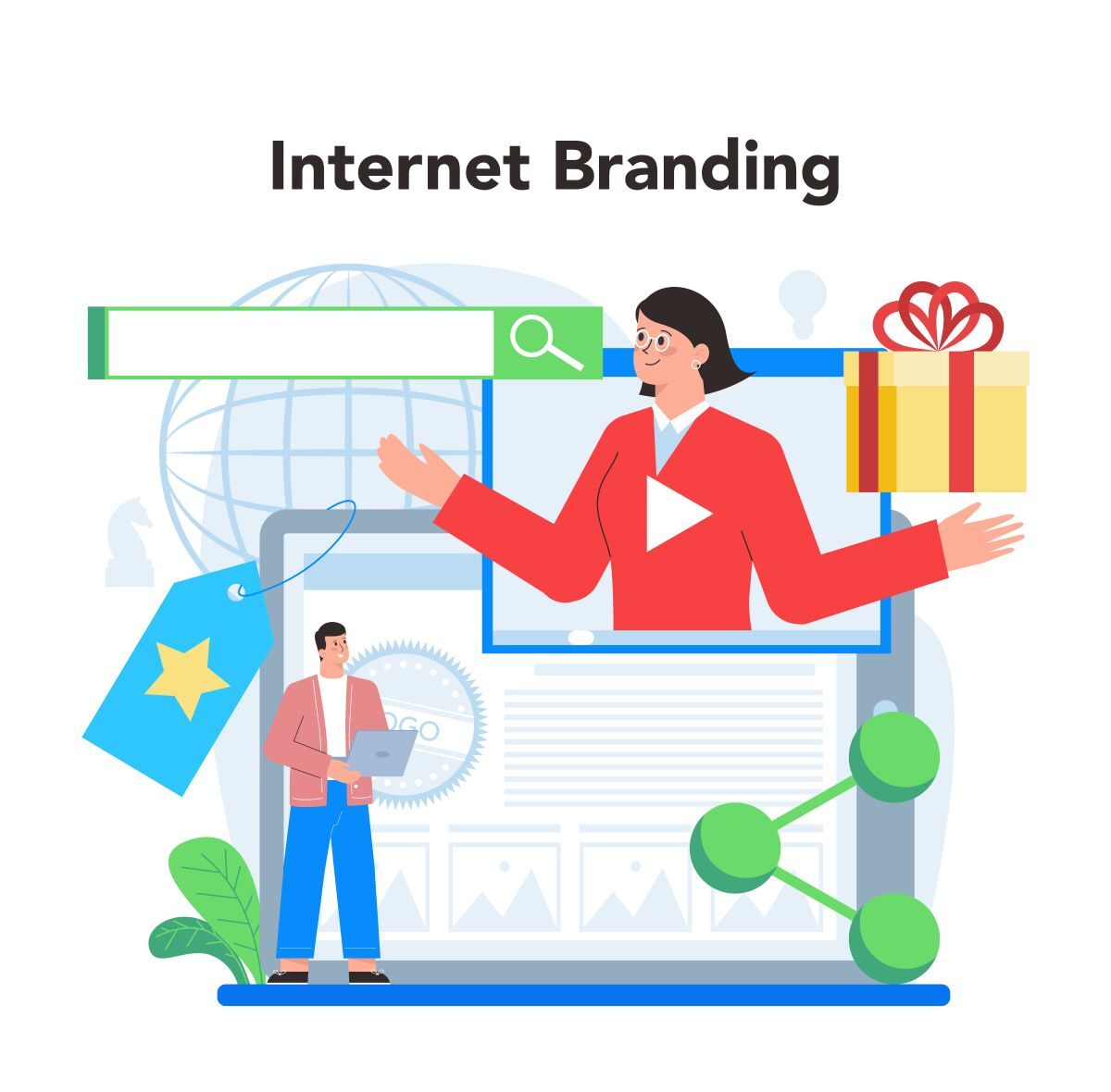
Targeted Lead Generation
Forget casting a wide net! With SEM, you can laser-focus on the exact B2B Search Engine Marketing decision-makers you want to reach. Target based on specific demographics, interests, and job titles, ensuring your message lands in front of the right people.
You’re attracting high-intent leads actively searching for solutions, making them more likely to convert into valuable prospects. You can track every journey step with detailed data and analytics, allowing you to measure lead generation costs and optimize your campaign for maximum return on investment. B2B Search Engine Marketing: it’s like having a magnifying glass for high-quality B2B leads.
Increased Brand Awareness & Visibility
Boosting your brand’s presence and visibility is a crucial benefit of effective Search Engine Marketing (SEM) strategies, especially in the B2B landscape. Attach top spots on search engine results pages (SERPs), and your ads grab attention, making your brand stand out as a leader in your industry. Running consistent SEM campaigns goes further by repeatedly exposing your brand and helping people remember and trust your business.
It’s like saying, “Hey, we’re here, and we’re reliable!”
SEM provides an instant visibility boost, even before your website climbs the ranks through Search Engine Optimization (SEO). So, while SEO is necessary for the long run, SEM immediately gets your brand noticed. It’s like spotlighting your brand in the crowded online space, ensuring potential customers see you as a go-to source for their needs.
Flexibility & Control
Forget rigid marketing! SEM empowers you with ultimate flexibility and control. Tailor your budget to perfectly fit your needs, starting small and scaling up effortlessly as you witness success. It means no more overspending—you’re in complete charge. But the magic doesn’t stop there. Craft laser-targeted ad copy that speaks directly to your ideal audience’s unique needs and challenges, boosting relevance and engagement like never before. And to top it all off, unleash your inner scientist with A/B testing.
Experiment with different ad variations, keywords, and landing pages to discover the perfect recipe for maximum impact. It’s like having a personalized marketing laboratory at your fingertips, allowing you to optimize and refine your strategy for guaranteed results continuously. With SEM, the power is truly in your hands.
Faster Results than SEO
Unlike waiting for SEO magic to work, SEM offers instant gratification! See website traffic and qualified leads roll in within minutes of launching your campaign. No more waiting months for organic ranking to climb. Plus, SEM lets you be agile and adaptable. Real-time search data gives you superpowers to spot emerging trends before they explode, allowing you to tailor your strategy and stay one step ahead of the competition. With SEM, speed and agility are your secret weapons for success!
Additional Benefits
- Remarketing & retargeting: Reconnect with website visitors who still need to convert, keeping your brand in their minds.
- Competitive analysis: Gain insights into your competitors’ SEM strategies and identify opportunities to differentiate yourself.
- Integration with other marketing channels: Combine SEM with content, social media, and email marketing for a holistic approach.
Effective SEM requires careful planning, ongoing optimization, and a deep understanding of your target audience. But with its targeted reach, measurable results, and flexibility, SEM can be a game-changer for B2B brands looking to generate qualified leads and achieve their marketing goals.
B2B Search Engine Marketing Strategies
Here are some B2B Search Engine Marketing Strategies:
Foundational Elements
Target Audience & Buyer Personas
Recognizing your target audience is a cornerstone of any successful marketing strategy. Your target audience comprises the individuals or groups you aim to reach with your products and services. To craft compelling marketing campaigns, it’s imperative to delve into the specifics of who these individuals are and what drives their decision-making processes. This is where buyer personas come into play.
Before you can effectively communicate your message, you need to define who your audience is. Consider demographics such as age, gender, location, and occupation. Beyond these basics, explore psychographics — their interests, values, and lifestyles. Understanding these factors enables you to create content and messages that resonate more deeply.
Needs and Pain Points
Every target audience has unique needs and challenges. Identifying these needs helps tailor your products or services to provide meaningful solutions. Additionally, recognizing their pain points allows you to address specific concerns in your marketing efforts, showcasing how your offerings can alleviate problems or improve their circumstances.
Mapping the Buying Journey
The buying journey is the process a potential customer goes through before purchasing. Understanding this journey is crucial for delivering the right message at the right time. It typically involves awareness, consideration, and decision stages. For instance, potential customers become aware of a problem during awareness. In the consideration stage, they evaluate possible solutions; in the decision stage, they choose a specific product or service.
Role of Buyer Personas
Buyer personas are detailed, semi-fictional representations of your ideal customers. They encompass demographic information, motivations, pain points, and behavior patterns. Developing buyer personas involves market research, customer interviews, and analysis of existing data. These personas serve as a guide for creating content and marketing plans that resonate with your audience.
Keyword Research & Targeting
- Point out relevant keywords your target audience uses to search for solutions.
- Utilize long-tail keywords with high intent and lower competition.
- Leverage keyword research tools like Google Ads Keyword Planner.
Campaign Goals & Objectives
- What do you want to achieve with your Search Engine Marketing campaigns (e.g., brand awareness, lead generation, website traffic)?
- Line up your goals with your overall marketing strategy and track key metrics.
Paid Search (PPC)
Platform Selection
Launching a B2B PPC campaign is like prepping a spaceship for launch. Choosing the right platform is crucial. Think Google Ads for its vast reach and targeting options, LinkedIn Ads for laser-focusing on decision-makers, and industry-specific platforms for highly engaged niche audiences. Feel free to mix and match for ultimate impact!
Once you’ve chosen your platforms, organization is critical. Imagine your campaigns as spaceships – streamlined and efficient. Group them by product/service for targeted messaging and budget control. Segment them by buyer persona to speak directly to their needs. So, fuel up your strategy, choose your platforms wisely, and prepare for a successful liftoff!
Compelling Ad Copy
Forget bland, forget forgettable! B2B Search Engine Marketing ad copy must be a beacon of clarity and value, attracting your target audience like a magnet. Sharp messages that speak their language and address their pain points directly. Remember the hero of the show: your USP. Highlight what makes you unique and why they should choose you over the competition. And don’t leave them hanging! A solid call to action is your ticket to conversions, guiding them toward that next step, whether a website visit or a direct contact.
A/B testing is your secret weapon. Experiment with different headlines, CTAs, and messaging to see what resonates best
Landing Page Optimization
- B2B Landing Pages: Imagine your B2B ad has done its job, attracting curious clicks. But wait to celebrate! The real magic happens on the landing page, where clicks transform into valuable leads.
- Relevance is Key: Ditch the generic welcome mat and personalize your landing page. Make it directly relevant to the specific ad and keyword that brought the visitor there. Think of it like a targeted conversation starter, building trust and guiding them smoothly toward the next step.
- Value, Not Vanity: Forget self-promotional fluff. Your landing page should offer genuine value, addressing the visitor’s needs and challenges. Think of informative content like case studies, white papers, or demos – something that genuinely resonates with them and demonstrates your expertise.
- Clarity is King: Don’t make visitors decipher cryptic messages. Use clear, concise language and a logical layout. Guide them effortlessly toward the desired action, whether downloading a valuable resource, submitting a simple form or contacting you directly.
- Frictionless Forms: Forms shouldn’t feel like an obstacle course. Keep them short, relevant, and secure. Ask only for the needed information, making the conversion process smooth and painless.
- CTAs: Don’t leave visitors wondering what to do next. Include clear, prominent calls to action (CTAs) relevant to the landing page’s offer. Remember, a strong CTA is your roadmap to conversions, guiding visitors toward the next step in their journey.
Bid Management & Targeting
- Implement bidding strategies that fit your budget and goals (e.g., CPC, CPA).
- Utilize advanced targeting options for demographics, interests, and devices.
Organic Search Optimization (SEO)
Content Marketing
In B2B, compelling content reigns supreme. Ditch the fluff and create high-quality pieces that speak your audience’s language, addressing their challenges and showcasing your expertise. Think informative blog posts, insightful white papers, and valuable case studies – content that positions you as an industry thought leader.
Optimize for relevant keywords, but remember, user intent is vital: deliver content that honestly answers their search queries and provides genuine value. Be patient and consistent, and focus on building trust. Creating content that educates, engages, and attracts your B2B Search Engine Marketing strategy establishes yourself as a go-to resource.
On-Page Optimization
On-page optimization is about making your website speak the language of search engines while providing a stellar user experience. Think of it like SEO magic sprinkled across your website, attracting both search engines and human visitors. Here’s how:
Title Tags & Meta Descriptions Powerful Hooks
Imagine your title tag as your website’s headline and your meta description as a captivating trailer. Work compelling titles and descriptions that accurately reflect your page content, include relevant keywords, and entice users to click. Remember, you have limited characters, so make them count.
Header Tags Signposts for Readers
Think of header tags (H1, H2, etc.) as headings in a book. They structure your content, making it easy to scan and digest. Use them purposively to highlight key points and break up long text blocks. Search engines love well-structured content.
Internal Linking Weaving a Web of Value
Imagine your website as a network of interconnected rooms. Internal links act as doors, guiding users and search engines to relevant pages within your site. Use them wisely to improve navigation, distribute link equity, and keep visitors engaged as they explore your valuable content.
By implementing these on-page optimization strategies, you’ll improve your search engine ranking and provide visitors with a seamless and informative experience. Remember, it’s a win-win! So, go forth and optimize your website, watch your search visibility soar, and welcome a wave of new visitors ready to explore your offerings.
Technical SEO
More searches than ever happen on smartphones. Ensuring your website is mobile-friendly isn’t just a perk; it’s necessary. Google prioritizes mobile-optimized sites, and frustrated users on clunky interfaces won’t convert. Make your website mobile-first, offering a smooth and intuitive experience on any device.
In the fast-paced B2B Search Engine Marketing world, “It can be quite frustrating to wait for a website to load.”. Nobody likes it.”. Optimize your website speed by minimizing image sizes, reducing HTTP requests, and utilizing caching mechanisms. Every second counts – ensure your site delivers information lightning-fast and keeps visitors engaged.
There’s more to SEO than meets the eye. Following technical SEO best practices like structured data implementation, robot.txt optimization, and proper sitemap submission helps search engines understand your website better. Think of it as speaking their language, ensuring clear communication, and improving your ranking potential.
Link Building
In B2B Search Engine Marketing, backlinks are like gold stars from respected colleagues. Earning backlinks from high-authority websites boosts your domain authority and ranking potential, making you a search engine darling.
Think guest blogging on industry publications, participating in relevant forums and creating link-worthy content that others naturally want to share. Remember, quality over quantity – focus on building genuine connections and earning backlinks from websites your target audience trusts. By strategically building your backlink profile, you’ll climb the search engine ladder and establish yourself as a B2B thought leader.
Measurement & Optimization
Track Key Performance Indicators (KPIs)
In B2B SEO, backlinks are like reputation boosters. Earn them from trusted sites to climb search rankings. Think about guest posts, forum engagement, and creating link-worthy content. Focus on quality, not quantity, and establish yourself as a B2B authority figure.
Regularly Analyze Performance
Forget quick schemes; authentic B2B Search Engine Marketing cred comes from high-quality backlinks. Think insightful guest posts, valuable forum contributions, and content people naturally want to share. Build genuine connections with trusted sites, not just numbers. Become a B2B thought leader with search rankings reflecting your expertise.
Continuous Testing & Experimentation
In the energetic B2B Search Engine Marketing world, resting on your glory is a recipe for stagnation. That’s where continuous testing and experimentation come in, your secret weapons for unlocking peak performance. Imagine your B2B marketing efforts as a vibrant lab where you’re a data-driven scientist constantly testing, tweaking, and optimizing for success.
A/B Testing
Your Data-Driven Dance Partner:
- Ditch the guessing game and embrace A/B testing.
- Put different ad copy, targeting parameters, and landing page elements head-to-head to see what resonates best with your audience.
- Remember, data is your objective partner, guiding you toward the winning combinations that drive clicks and conversions.
Landing Page Transformation
Underestimate the power of your landing page, the final step in your conversion dance. A/B tests different layouts, content formats, and CTAs to see what makes visitors waltz right in and convert. Every minor tweak can make a big difference, so experiment relentlessly to find your conversion champion.
Targeting Tune-Ups
Don’t just cast a wide net and hope for the best. Experiment with targeting options like demographics, industry interests, and even firmographics to see who truly grooves with your message. Think of it as fine-tuning your targeting laser, ensuring you reach the ideal B2B prospects most likely to convert and become loyal customers.
Advanced Strategies
Remarketing & Retargeting
Imagine a probable customer who visits your website but doesn’t convert. Don’t give up! With remarketing and retargeting, you can reconnect with them on other websites and social media platforms, keeping your brand top-of-mind. It is a gentle reminder, subtly nudging them back towards conversion. Consider offering special deals or targeted content to rekindle their interest and turn those browsing sessions into valuable leads.
Local SEO
If you have a physical location, consider the power of local SEO. Improve your online presence for local searches, ensuring you appear extremely when potential customers search for businesses like yours in their area. Declare and manage your Google My Business listing, optimize your website with relevant keywords, and build local backlinks. Remember, local SEO can be a game-changer, driving high-intent customers to your doorstep.
Industry-Specific Platforms
- Explore industry-specific platforms and communities for targeted reach.
- B2B Search Engine Marketing is an ongoing process that requires continuous adaptation and refinement. By applying these strategies and tailoring them to your specific needs and industry, you can leverage the power of search engines to approach your target audience, generate qualified leads, and achieve your business goals.
Additional Tips
- Stay up-to-date with the newest search engine algorithm updates and best practices.
- Consider working with a B2B SEO and PPC agency for expertise and support.
- Integrate B2b Search Engine Marketing with other marketing channels for a holistic approach.
Conclusion
B2B Search Engine Marketing (SEM) is a strategic business imperative, providing a vital pathway to connect with other enterprises. Incorporating both SEO and PPC tactics ensures immediate visibility and establishes a lasting digital presence. Recognizing the significance of buyer personas and target audience understanding further enhances the effectiveness of B2B Search Engine Marketing strategies, positioning businesses for sustained growth in the competitive digital landscape.
Frequently Asked Questions (FAQs)
What is B2B Search Engine Marketing (SEM)?
B2B Search Engine Marketing is a strategy focused on enhancing a business’s online visibility in search engines, using tactics like SEO and PPC to connect with other companies rather than individual consumers.
How essential is B2B SEM for business growth?
B2B Search Engine Marketing is crucial in the digital era, with approximately 72% of customers starting their product research on search engines, making it vital for strategic online positioning.
What is the role of SEO in B2B SEM?
SEO is integral to B2B Search Engine Marketing, optimizing websites for higher organic visibility by using relevant keywords and improving content to achieve better rankings on search engine results pages (SERPs).
How quickly can a B2B company see results from an SEM campaign?
Significant results can be seen in 3-6 months with ongoing effort. For sustained digital success, B2B Search Engine Marketing requires consistent attention to SEO, content relevance, and PPC campaign management.







